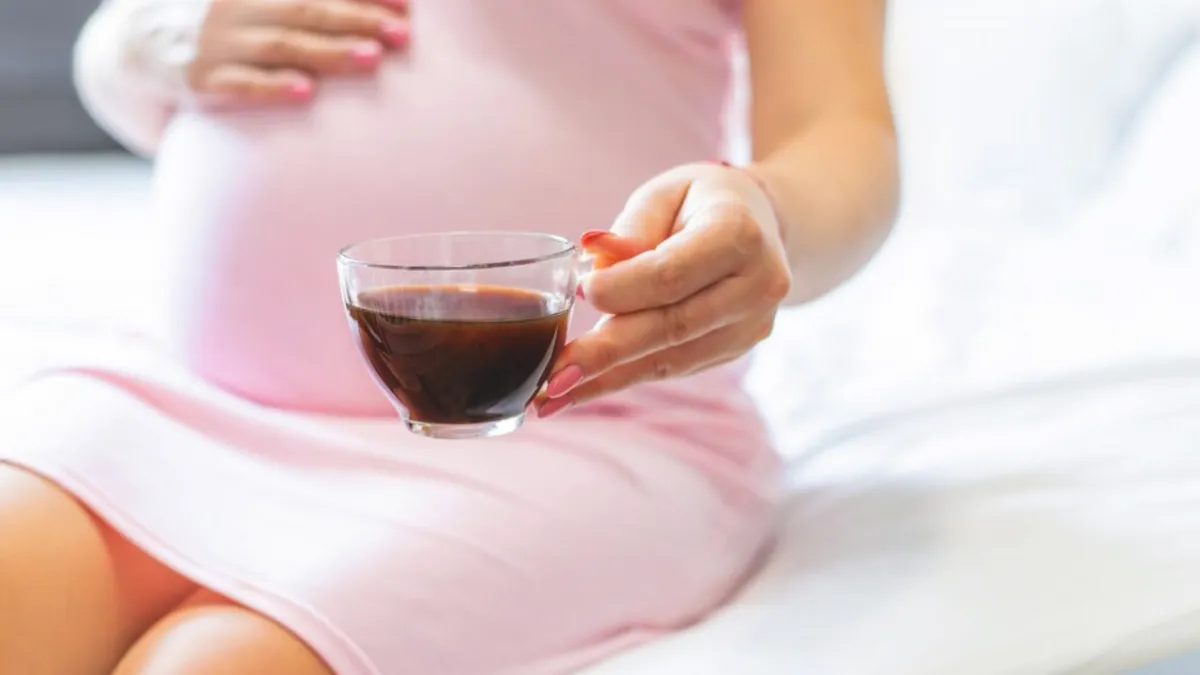
How Coffee Affects Your Fertility: What Research Reveals
If you're trying to conceive, you may have wondered how your daily cup of coffee could affect your fertility. While coffee and caffeine are popular around the world, their impact on reproductive health remains controversial. Recent studies provide valuable insights into how caffeine may—or may not—affect fertility.
What Recent Research Says About Coffee and Fertility
A 2020 systematic review analyzed the effects of caffeine on fertility, pulling data from over 12,000 participants. The study found that moderate caffeine consumption (about 200 mg or less per day) did not appear to increase the risk of infertility. However, higher doses (over 400 mg per day) could potentially have an impact on fertility, although these findings were not always consistent across studies.
In contrast, a 2017 review study examined 13 studies on caffeine and fertility. This review found that six studies reported negative effects of caffeine on fertility, particularly through disruption of sex hormones and interference during the luteal phase of the menstrual cycle. The study suggested that reducing caffeine intake, especially from coffee, could help those who are trying to conceive. However, two studies found positive effects of caffeine on fertility, while five studies reported no significant impact at all.
What About Coffee Specifically?
Despite the mixed results, it is clear that coffee, as a major source of caffeine, has raised concern among fertility experts. Some research suggests that coffee may be particularly problematic for fertility, but the evidence is not universal. The 2017 study recommended reducing coffee consumption, given that coffee is the largest source of caffeine for many people.
Caffeine and Pregnancy: What You Should Know
When it comes to pregnancy, moderate caffeine consumption (under 200 mg per day) has not been found to significantly affect pregnancy outcomes or fetal development. However, experts generally recommend limiting caffeine intake to avoid any potential risks. If you’re pregnant or planning to conceive, it’s always a good idea to consult with your healthcare provider about your caffeine consumption.
How Your Coffee Habit Might Be Affecting You Personally
Every woman's body responds differently to caffeine. Factors such as age, overall health, and existing fertility issues can influence how caffeine impacts your reproductive health. Some women may experience more pronounced effects from caffeine due to hormonal imbalances or other fertility challenges.
Conclusion: The Takeaway
In conclusion, while moderate coffee consumption may not negatively affect your fertility, it’s important to be mindful of how much caffeine you consume. If you’re trying to conceive, it might be worth cutting back, especially on coffee, as higher caffeine levels could have an impact. Switching to healthier, caffeine-free drinks could support your fertility and overall well-being.
For those looking to reduce their caffeine intake and optimize their fertility, download our free eBook, The Hormone-Friendly Coffee Detox: Your 2-Week Plan to Ditch Caffeine Without the Crash. This guide will help you transition smoothly and avoid the usual caffeine withdrawal symptoms.
